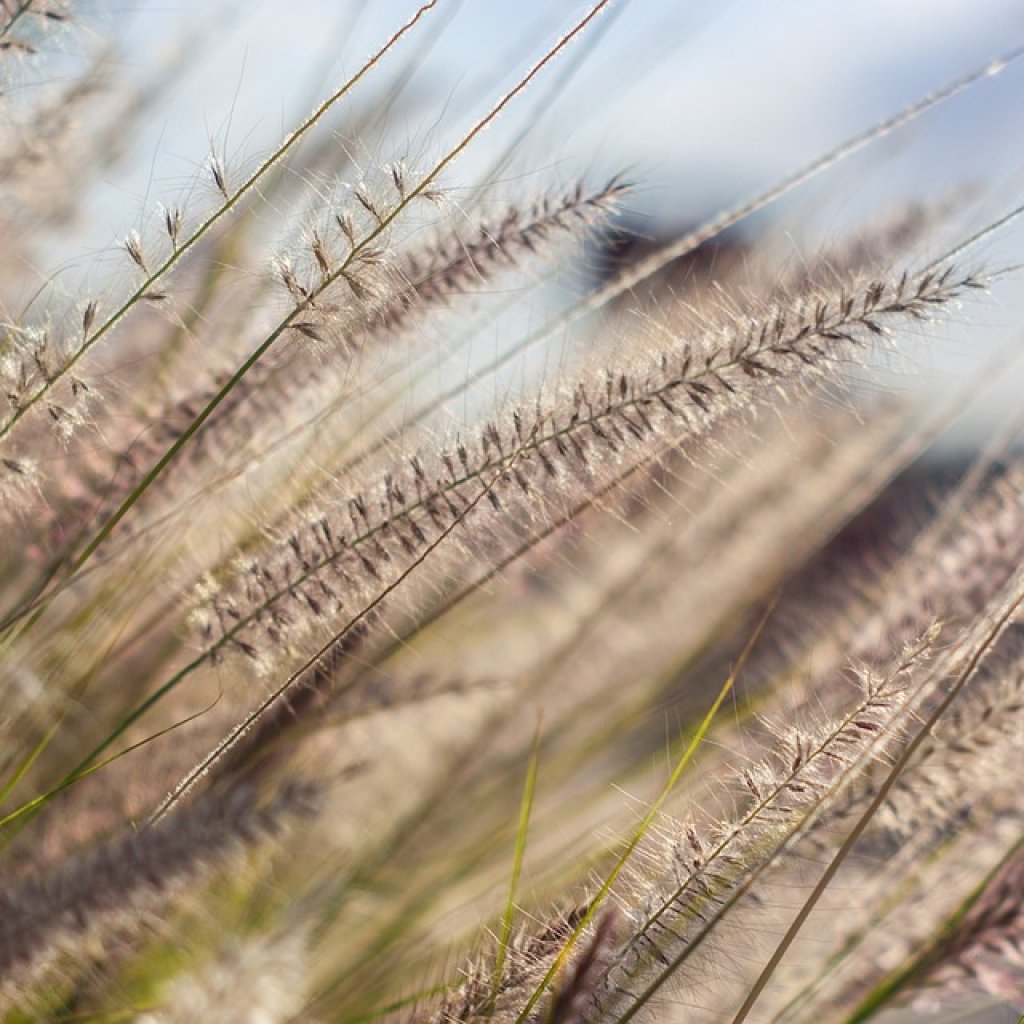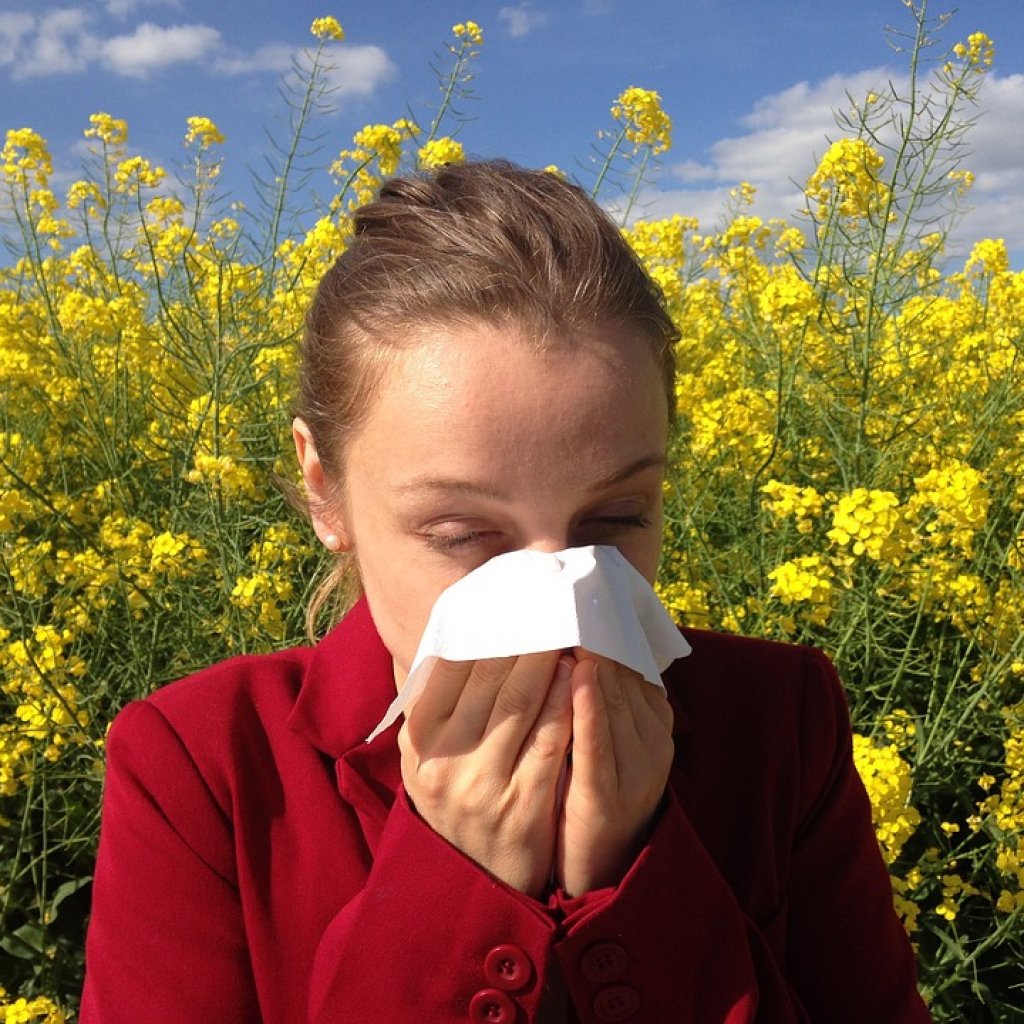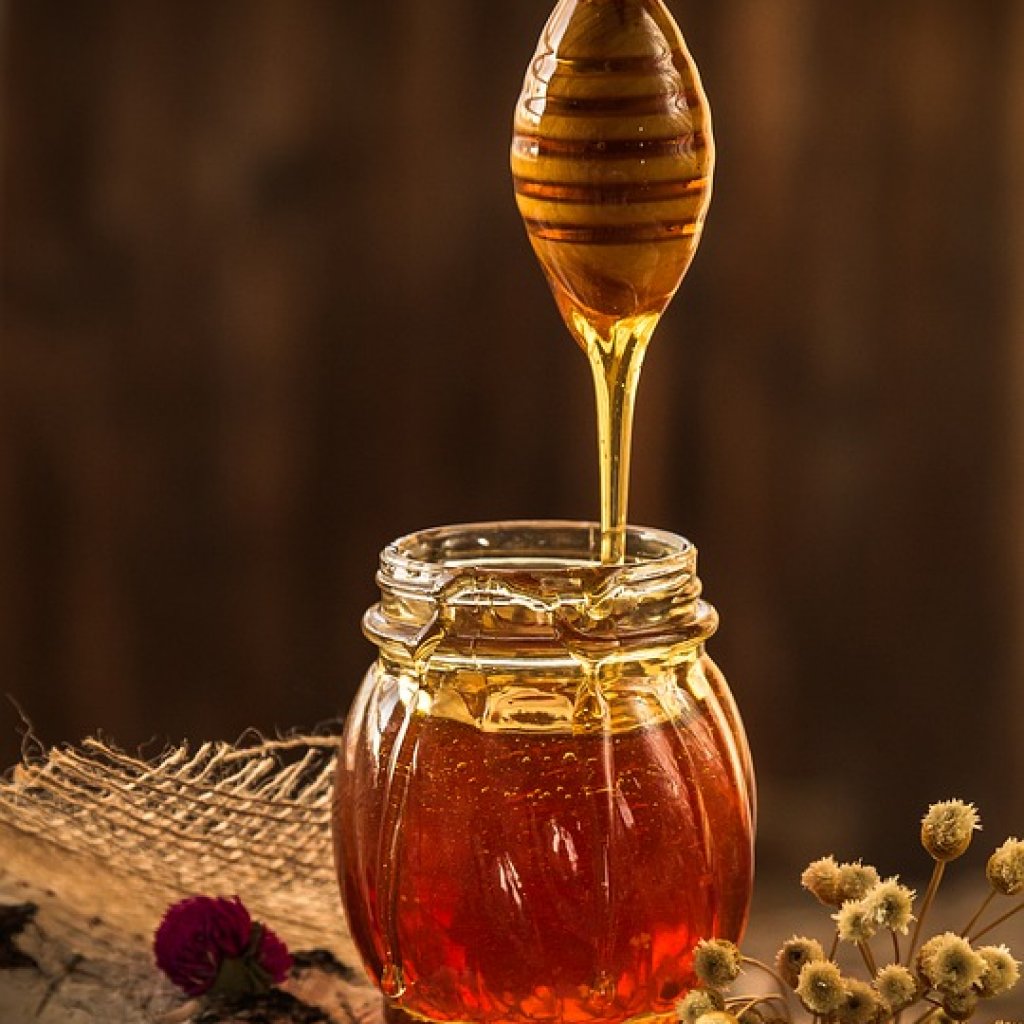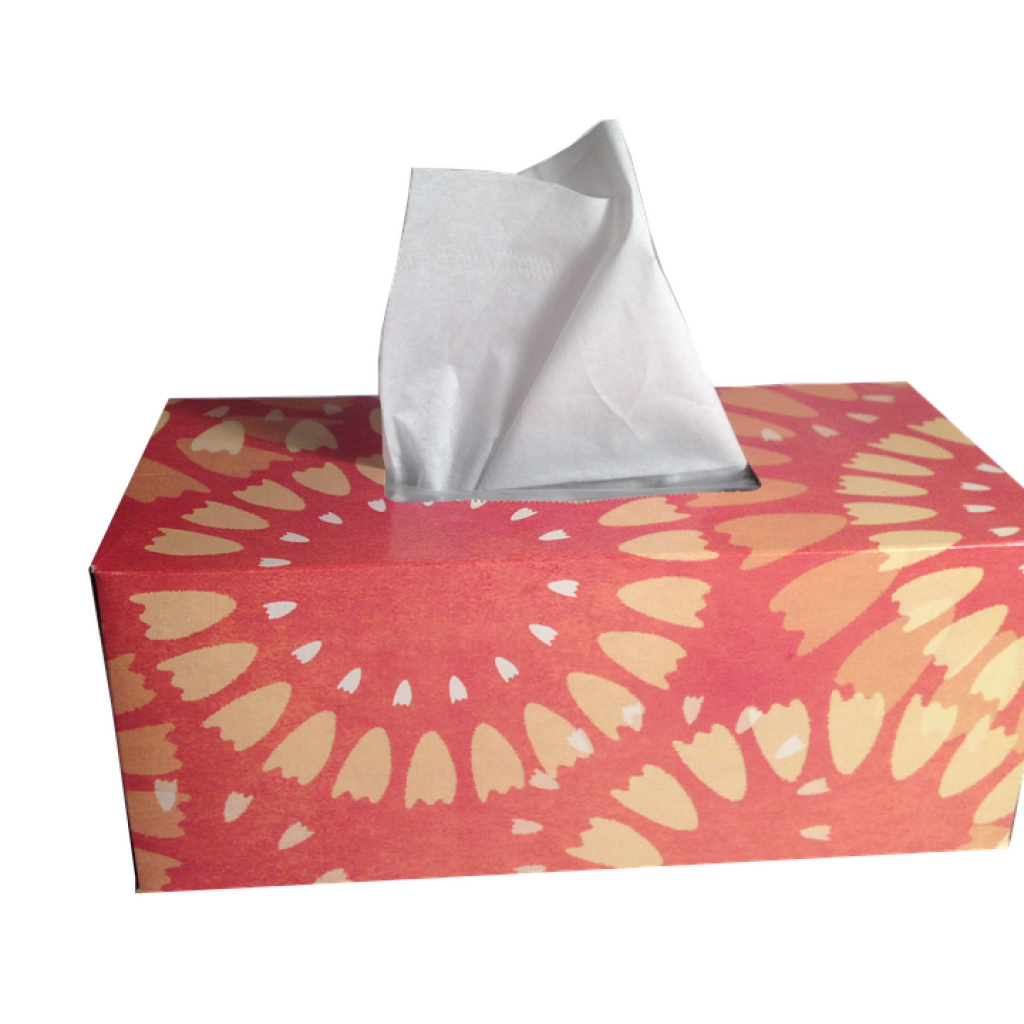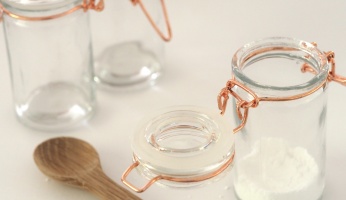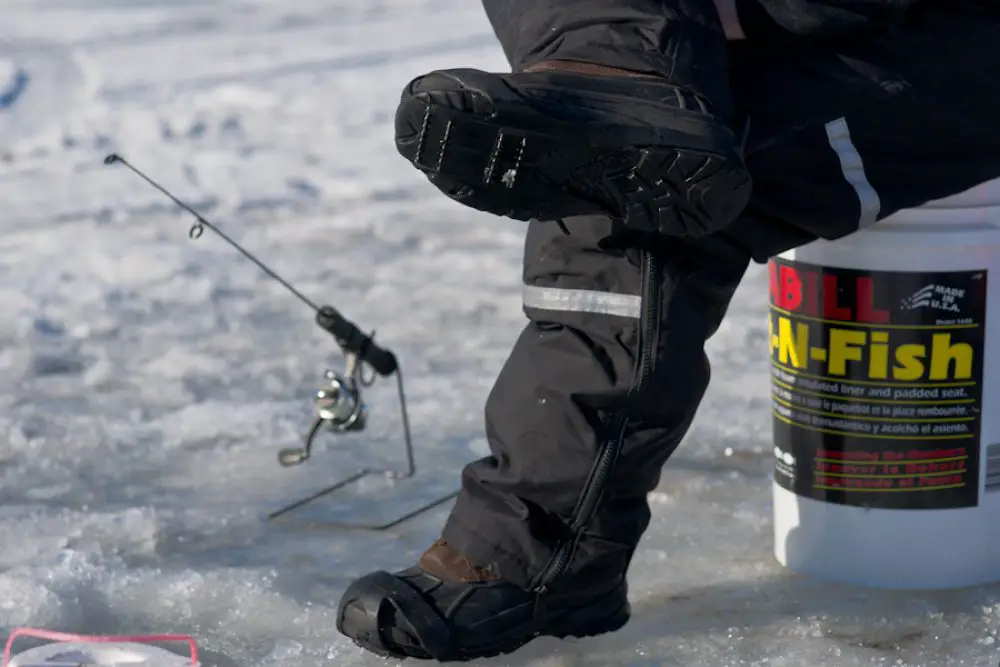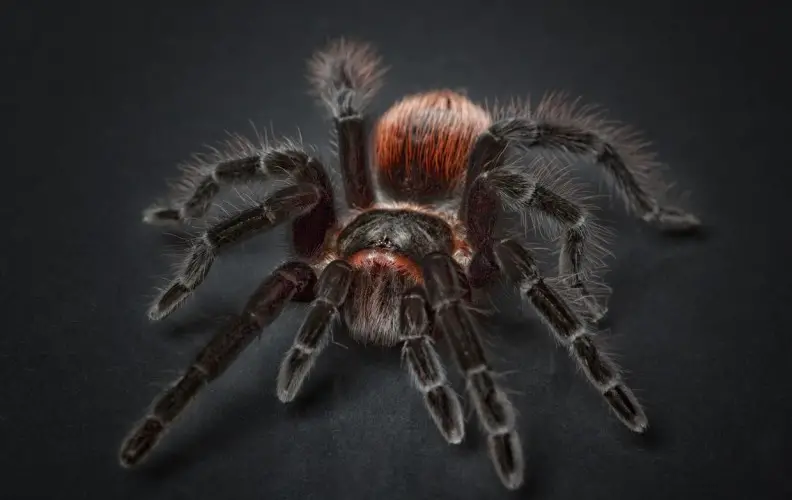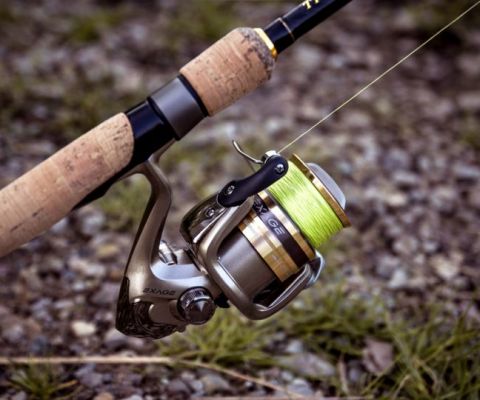Home Remedies for Allergies: A Complete Guide
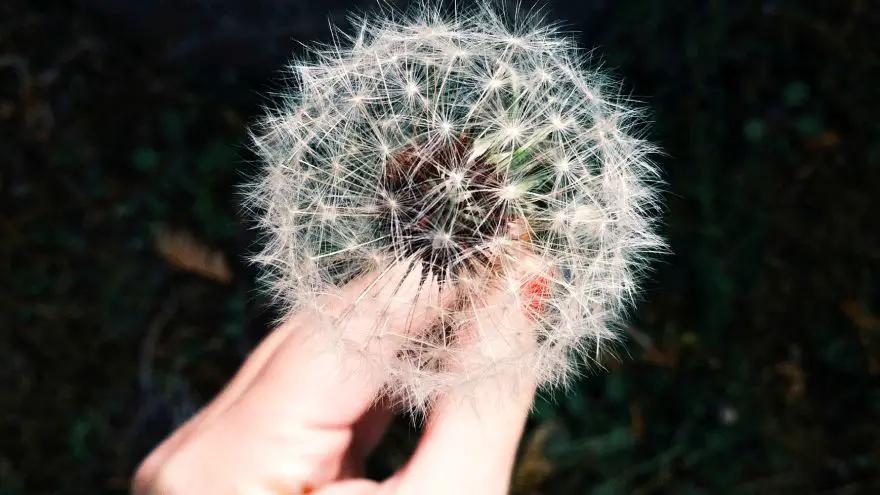 Home Remedies for Allergies: A Complete Guide
thegearhunt.com
Home Remedies for Allergies: A Complete Guide
thegearhunt.com
The spring and summer season. For most of us, these words conjure up images of flowers, days at the beach, and warm nights outside around the grill cooking for friends and family. For many of us, however, the spring and summer season can mean seasonal allergies that not only limit your life but make you truly miserable as well. What’s worse is that in many places in the south, seasonal allergies aren’t limited to the spring and summer months, you can have them in the fall and winter as well due to the humid climate.
As a matter of fact, it’s estimated that over 25 percent of the world suffers from seasonal allergies and with global warming and climate change that percentage is steadily growing. Seasonal allergies can affect you, no matter your race, age, or gender. A few common allergen triggers are listed below for you to take a look at.
- Pollen
- Dust Mites
- Certain foods
- Animal Dander
- Air pollution
- Some insect bites
- And certain ingredients in beauty products
These are just a few of the triggers that can make your allergies spring up and be almost unbearable, there are probably more that haven’t even been discovered yet. While there are prescription medications and over the counter medicines that can help you with your allergy symptoms, some of them can leave you feeling drowsy and out of sort. We like to try natural remedies for allergies before we resort to drugs for our allergies. That’s why in this blog we are going to go into not only the signs and symptoms that you might have seasonal allergies but some of the tried and true home remedies that work as well. Grab your box of tissues, pull up a chair, and join us as we delve into home remedies for allergies that you need to know about this upcoming season.
Signs and Symptoms of Seasonal Allergies
Before you can treat the seasonal allergies that plague you, you need to know what the signs and symptoms are so that you know for sure that this is what you’re fighting. We will list the signs and symptoms below, but if you’re still not sure it’s best to contact your primary health care provider for a checkup to be sure.
Common Signs and Symptoms
- Runny nose
- Nasal congestion
- Coughing
- Sneezing
- Itching in your nose, the roof of your mouth or throat
- The skin under your eyes is bluish looking and swollen, also known as allergic shiners
- Fatigue
- Post nasal drip
Less Common Signs and Symptoms
- Being short of breath
- Wheezing
- Headache
Now, that we know the signs and symptoms of seasonal allergies, you are probably ready to find out what you can do to relieve the misery. Remember, if you can’t get rid of your allergy symptoms with these home remedies in a reasonable amount of time, you need to make an appointment with your doctor for help determining if there is an underlying cause and for treatment as well.
Home Remedies for Allergies Revealed
If you’re feeling like your allergies are getting the best of you, then it’s time to do something about it. We know it’s hard to function, whether it’s working, cleaning, or just having a good day, when your head is pounding and your nose is running like a fountain. Try these home remedies for relief, so you can get back to your day and the family you love.
Apple Cider Vinegar
There isn’t much that apple cider vinegar isn’t good for. It’s great in salads and some foods. You can use it to clean your showers and sinks, and it’s even good for cleaning your coffee maker. This is one of the most useful condiments in your kitchen and it can be used for allergy relief as well. You can even use it to treat heartburn. As we said, apple cider vinegar is a rockstar in our book! This condiment, which most of us have in our pantry already can reduce mucus production and will clean your lymphatic system as well. It’s not the best tasting of condiments on its own, but the best way to get relief from your allergies is by taking a tablespoon full. However, if you can’t stomach the burn, it’s best to mix a tablespoon of apple cider vinegar in a cup of water and a little bit of honey, for more palatable results.
Get Some Exercise
What?! You might wonder how getting out in the very air that is causing your seasonal allergies could even remotely help those allergies to get better, but it can. Research has shown that moderate to intense exercise can help bring you sustainable relief from your symptoms. Exercise is said to have an anti-inflammatory effect on your sinuses, so give it a try. It is best to check the weather for the pollen count for that day before you head outside. If it’s going to be high, then it’s best to pull out the indoor exercise bike or treadmill and exercise indoors to reduce your risk of exposure to the pollen.
Saline Rinse and a Neti Pot
We aren’t even going to try to go into the complicated passages that make up your sinuses. Suffice it to say that it is an elaborate system. When you have allergies, those passageways are filled with stuff that causes your nose to constantly run or be stuffed up and itching. Until you clear those passages out, you’re not going to get any relief from your allergy symptoms at all. Pick up a neti pot and some saline solution from your local drug store and use it to flush your nasal passages. You’ll be surprised at how much better that simple act will make you feel.
Local Honey
Allergy symptoms are your bodies way of fighting off something that is foreign to it, and since it’s not as simple as telling your body that pollen and grass aren’t going to hurt it, you have to find another way to combat it. That’s where local honey comes in, not just any type of honey, but local honey. Since bees create their honey with what they have around them, this is a great way to introduce the pollen and grass from your area to your body a little at a time. It’s important to note at this point, that this isn’t going to bring instant relief so you might want to try some of the other remedies on our list as well, but local honey will reduce your allergy symptoms in a natural way over time. So, start taking a tablespoon or two of local honey today to help combat the allergies in your area.
Nasal Sprays
Many people don’t do well with neti pots and saline solutions, if you’re one of those people, then you could try nasal sprays instead. Try spritzing each nostril with a nasal spray once a day to loosen and get rid of any allergens and irritants. It will help to flush out your nasal passages and at least give you temporary relief.
Bee Pollen
Like local honey, bee pollen has a natural effect on allergies and the bees gather the stuff for the honey from local sources. This is great sprinkled on salads and in foods so that you can build up your resistance to the allergens that are in the air in your area. It also offers a sweet, crunchy taste that most people enjoy.
Acupuncture
Okay, so this isn’t something that you’re going to find in your pantry or medicine cabinet, but acupuncture has been said to work miracles for allergy sufferers. It also treats a wide variety of other health conditions as well, so it’s well worth trying it for your seasonal allergies.
Probiotics
It is possible that your seasonal allergies are being caused by your immune system being out of balance. The way to combat this, and get relief from your allergies, is by taking probiotics. Fermented foods are a great source of probiotics and can be something yummy to add to every meal as well.
Change Your Diet
Everyone knows that your diet can play a huge role in how effective your immune system is and that includes seasonal allergies as well. In fact, there are actually a few foods that many seasonal allergy sufferers have said contribute to how bad their allergies get during allergy season. Those foods are listed below, in case you want to avoid them from now on.
Foods that Are Said to Contribute to Seasonal Allergies
- Sunflower seeds
- Pineapples
- Cucumbers
- Sugar
- Zucchini
- Melons
- Shellfish
- Peanuts
- Bananas
- Soy
- Wheat
These aren’t all of the foods, of course, but a few of them. There are also some foods that are said to help with seasonal allergies as well. Let’s list a few of them below as well. These foods like might not work for you, and if they don’t it’s best to contact your primary health care provider to find a remedy that does work.
Foods that Are Said to Help with Seasonal Allergies
- Onions
- Kiwi
- Pineapple (Good and Bad?)
- Tuna
- Kifer
- Local honey
- And quite a few more
Nettle Leaf
Nettle leaf is said to be used often to block the bodies natural inclination to produce histamine. It is possible to find nettle leaf locally, but it’s best to just find somewhere to buy it. It’s possible to get the leaf in capsules or buy the leaf whole as well. Mix it with peppermint leaves, a small amount of honey, and steep them all together to make a fragrant herbal tea that not only tastes good but gives you relief from allergy symptoms as well.
Drink Water
Yep, as always drinking plenty of water is the way to lessen the symptoms of seasonal allergies, just as it is for many things in the world today. Your nasal passages can get super dry when you have allergies and being dehydrated just makes it worse. Not only is being dehydrated super bad for your health, but it can also actually make your allergy symptoms worse. Make sure that you’re staying hydrated by drinking plenty of water all day long. You’ll be surprised at how much better your allergies are and how much better you feel as well.
Visit Your Doctor
As we previously stated, there are many, many home remedies out there to help you combat and reduce your risk of developing seasonal allergies. However, if these methods don’t work for you in a reasonable amount of time, it’s time to make an appointment with your primary care provider. Tell your doctor your symptoms and he should be able to prescribe you something that will help you find relief because no one can enjoy life, if seasonal allergies are making them too miserable to function and you won’t be fit company for anyone as well.
These are just a few of the ways that you can combat your seasonal allergies. But what are the complications and risks of these allergies to begin with? We’ll go a little bit into that in our next section.

Complications and Risks of Seasonal Allergies
There are a few things that can increase your risks of seasonal allergies. Read them below.
- Other allergies
- Asthma
- Other blood relatives have allergies or asthma
- Living or working in a place that has allergens that can affect you
- Your mother smoked during your first year of life
Complications of Seasonal Allergies
- Reduced quality of life
- Your asthma gets worse
- Poor sleep
- Ear infections
- Developing a sinus infection
This concludes our blog on home remedies for allergies and everything else you need to know. Be careful out there during allergy season, take these home remedies and you should be fine. Until next time, happy spring, everyone!
Sources:
- Truhealth Medicine: 13 Natural Seasonal Allergy Remedies You Can Try Today
- Healthline: Seasonal Allergies: Symptoms, Causes, and Treatments
- WebMD: 6 Foods that May Help You Curb Your Allergies





